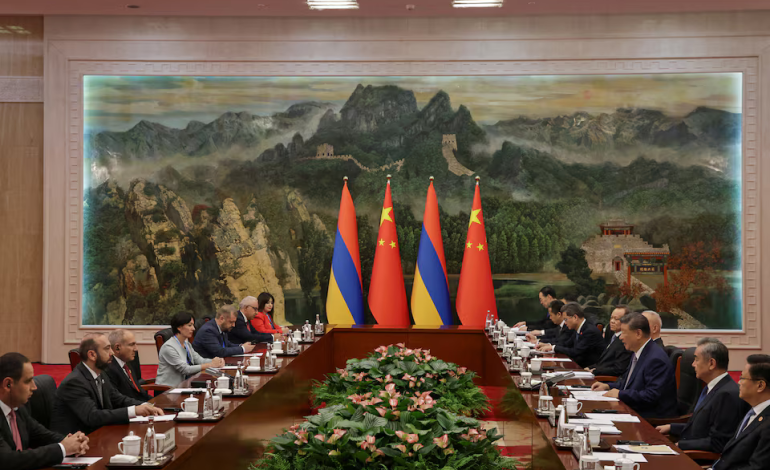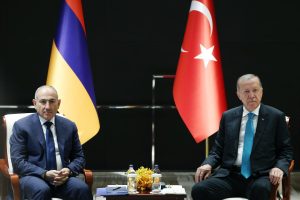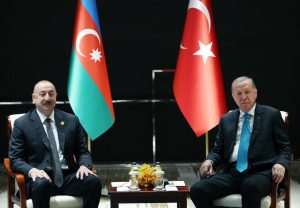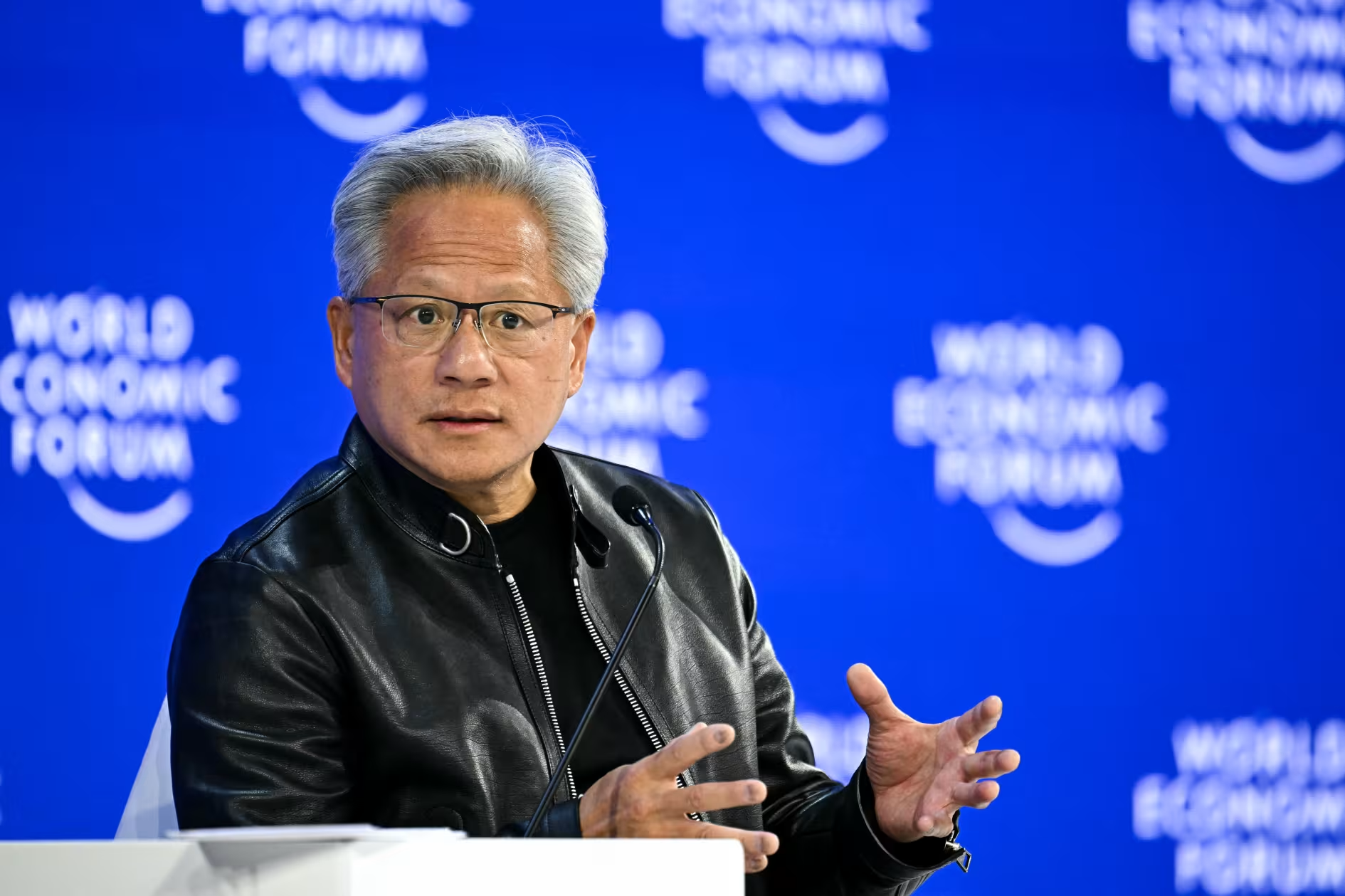SCO smiles, sovereignty risks: Pashinyan’s tricky courtship with Aliyev

On the sidelines of the Shanghai Cooperation Organization summit in Tianjin, Nikol Pashinyan and Ilham Aliyev did what seasoned rivals do when cameras are rolling: they talked peace, praised “positive momentum” after the Washington summit, and promised to keep talking. As choreography, it worked. As strategy, it’s a far riskier dance for Armenia than the photo-ops suggest.
Let’s unpack what actually changed—and what could quietly change next.
Both leaders leaned into the right vocabulary—constructive dialogue, mutual trust, regional stability—and agreed to maintain contacts toward a “comprehensive settlement.” That sounds good because it is good; wars usually end with people talking.
But context matters. The same summit revealed how jagged the regional terrain really is. SCO doors stayed shut. Azerbaijan’s full membership bid was reportedly blocked by India; Pakistan reportedly blocked Armenia’s. Both Yerevan and Baku remain “dialogue partners.”

China courted both. Beijing publicly backed the idea of Armenia and Azerbaijan as full SCO members and upgraded China–Armenia ties to a strategic partnership.
Turkey worked the hallways. President Recep Tayyip Erdoğan met Pashinyan and Aliyev separately, blessing the peace track while doubling down on Turkey–Azerbaijan coordination in energy and transport.
Translation: the SCO stage flatters middle powers, but it also exposes Armenia’s vulnerability inside a club where Ankara and Baku coordinate closely, Beijing hedges, and Delhi and Islamabad can each wield a veto for their own reasons.
Armenia’s leadership is betting that proximity reduces risk: more handshakes, fewer surprises. The problem is power asymmetry—military, economic, and diplomatic—tilts toward Baku and its backers.
Where that shows up:
- Agenda-setting power. Baku comes to the table with leverage and a network—Turkey on strategy, Pakistan in diplomacy, and now visible Chinese interest in regional connectivity.
- Transit politics. Every discussion about regional transport and energy corridors risks sliding into extraterritorial demands or “special regimes” that, if poorly drafted, nibble at Armenian jurisdiction. Legal nuance here equals sovereignty.
- Security vacuum. As traditional security guarantees fray, “peace first, guarantees later” becomes tempting—and dangerous. A deal that moves quickly on border logistics but slowly on enforcement, monitoring, and dispute resolution is a deal that can be reinterpreted later at Armenia’s expense.
- Veto diplomacy. The SCO episode is instructive: India can block Baku; Pakistan can block Yerevan. Armenia’s new strategic partnership with China is useful, but it doesn’t neutralize those vetoes—or Turkey’s gravitational pull on the platform’s politics.

Getting closer to Aliyev under these conditions risks normalization on another capital’s terms, especially if legal guardrails aren’t bolted down in advance.
Ankara’s messaging in Tianjin was smooth: support for peace, stability, development—while emphasizing deeper Turkey–Azerbaijan coordination in energy and transport. That’s not a contradiction; it’s a strategy. A calmer South Caucasus that runs on Baku-Ankara connectivity is a win for Turkey. For Armenia, it’s only a win if sovereign control—over territory, borders, and law—is spelled out in ink, inspected on the ground, and enforceable when politics turn rough.
If Yerevan is going to keep “getting closer,” it needs to change the geometry of risk. That means sequencing, lawyering, and verification—not vibes.
- Treaty architecture with teeth. Any peace text must hard-code mutual recognition, border delimitation, and non-use of force—with clear dispute-settlement, timelines, and independent monitoring (not just bilateral commissions that can deadlock).
- No sovereignty-leaking corridors. Transit provisions should be reciprocal, time-limited, and revocable, governed by Armenian law and international conventions (think TIR/CMR), with Armenian customs and police in control. No “special status,” no extraterritoriality.
- Verification on the ground. Border demarcation and de-escalation need third-party monitors and public reporting. Without eyes on the line, every incident becomes a narrative war—one Armenia is structurally weaker to fight.
- Connectivity that diversifies, not entraps. Pursue east-west links, yes—but also north-south alternatives and domestic upgrades so no single route becomes a pressure point.
- Diplomatic hedging. SCO engagement is fine, but Armenia should keep redundant partnerships—EU processes, Indian defense ties, and practical channels with Washington and Paris—so no single platform can box it in.
The feel-good multilateralism of Tianjin can seduce smaller states into overestimating what a club can deliver. The SCO can host meetings and amplify photo-ops; it cannot guarantee Armenia’s sovereignty. India and Pakistan just showed how quickly the ladder can be pulled up. China’s strategic partnership is an asset—but not a substitute for enforceable bilateral terms with Baku and real deterrence through transparency on the border.
Pashinyan and Aliyev are, indeed, getting closer. That’s necessary. It’s not automatically safe. In a system where Baku’s leverage is higher, Ankara’s coordination is tight, and SCO politics are transactional, Armenian sovereignty won’t be protected by atmospherics or applause lines.
Peace that is verifiable, reciprocal, and revocable is a safeguard. Peace that trades legal precision for speed is an invitation to future crises—with Armenia discovering too late that “getting closer” meant giving away the parts of sovereignty you can’t easily get back.









The latest news in your social feeds
Subscribe to our social media platforms to stay tuned